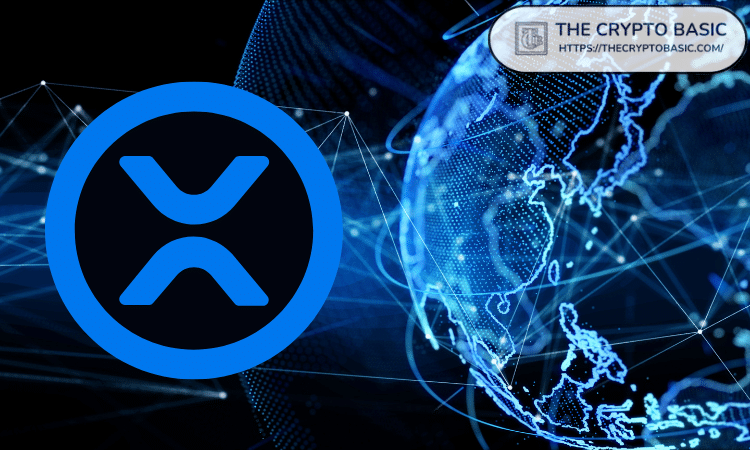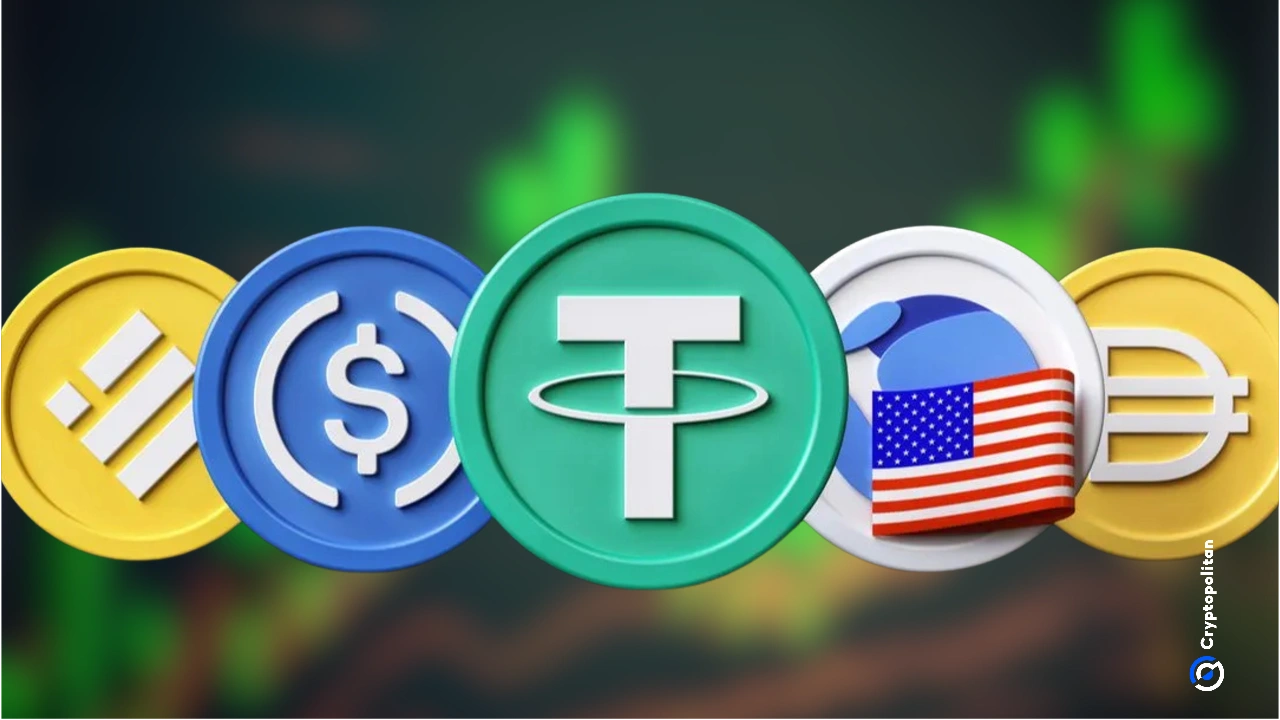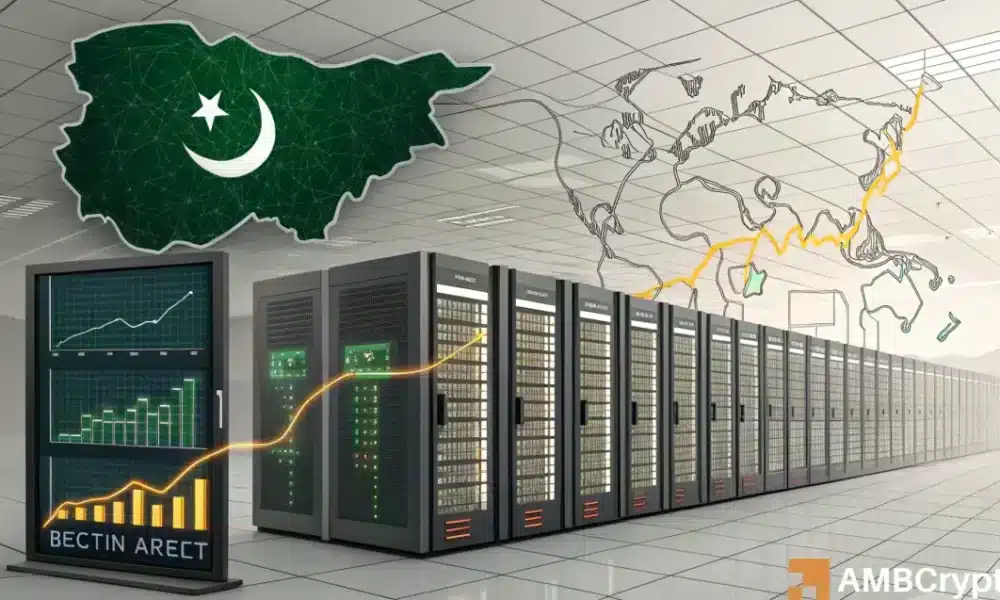Former Google CEO Eric Schmidt says the US must secure more reliable energy sources to sustain its rapidly expanding AI capabilities and pointed to Canada as a key partner.
According to Schmidt, Canada’s abundance of hydroelectricity is the best way to power US developing AI servers and win the global AI race.
However, he warned that a race to claim the AI crown could lead to conflict and sabotage, referencing the concept of “Mutual Assured AI Malfunction” and the potential for bombing rival data centers.
Schmidt urges US-Canada AI alliance despite Trump-era trade tensions
Schmidt stressed that the only way for the US to be in front of the pack in the global race for AI is to work together with Canada, even as President Donald Trump furiously ramped up a trade war between the two countries.
Schmidt estimates that the US industry requires an extra 90 gigawatts to power its operations, a demand that highlights a broader national challenge. He explained that a typical nuclear power plant generates about 1 gigawatt, and building 90 plants in the US is not feasible.
Based on Schmidt’s argument at the Vancouver TED conference, energy is limited; therefore, the US industry would require extra gigawatts to avoid stifling data centers.
He suggested a solution could be Canada’s abundant hydroelectric power. However, he cautioned that the current political climate between the United States and Canada, driven in part by President Donald Trump’s tariffs and his assertion that Canada had “nothing” that the United States needed, could make collaboration between the countries even more difficult.
To boost output and bring everything else “home,” Poilievre said, it was necessary to let those resources be put to more “effective, maximum use with minimal constraints on extraction.”
Schmidt warns of the dangers of AI supremacy competition
Schmidt warned that the race for AI dominance among global powers could spark conflict and trigger preemptive strikes.
He introduced the idea of “Mutual Assured AI Malfunction,” where nations sabotage each other’s AI systems to prevent unilateral control—potentially by targeting data centers.
“These conversations are already happening between nuclear rivals,” Schmidt said, urging leaders to take the threat seriously.
He also referenced informal talks with China on the matter, organized by his late co-author, Henry Kissinger.
Cryptopolitan Academy: Tired of market swings? Learn how DeFi can help you build steady passive income. Register Now
















No comments yet